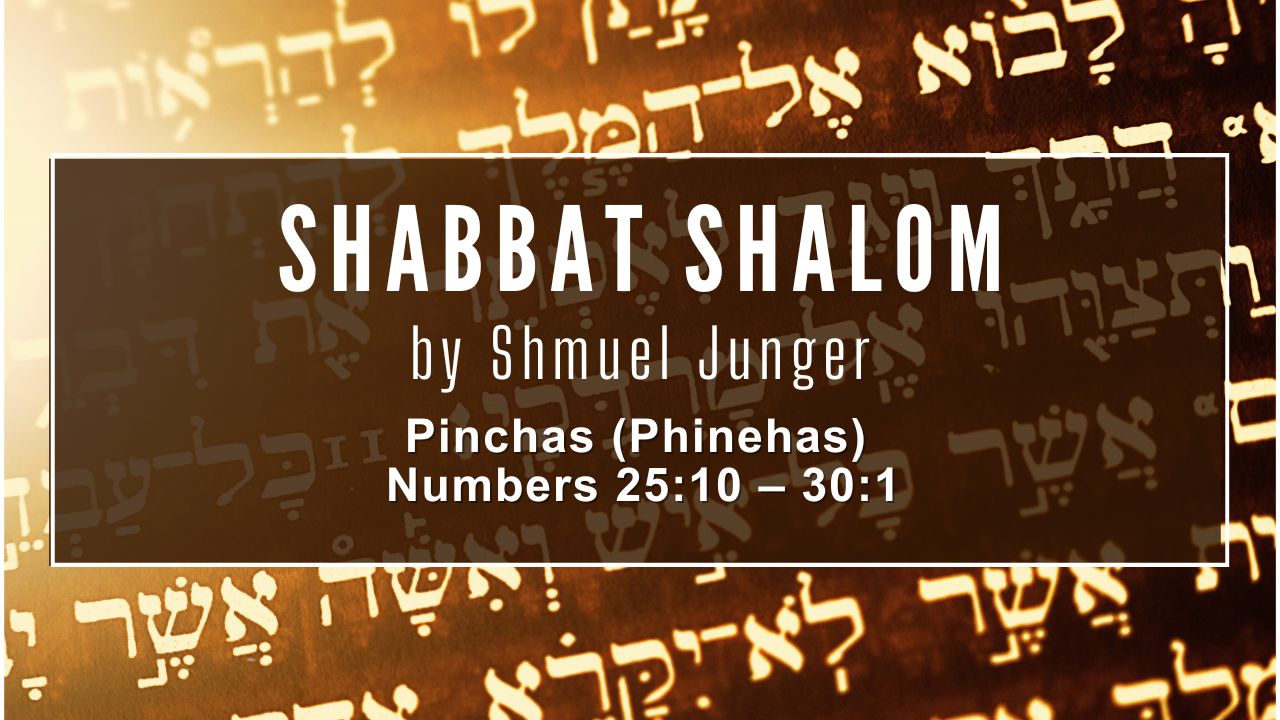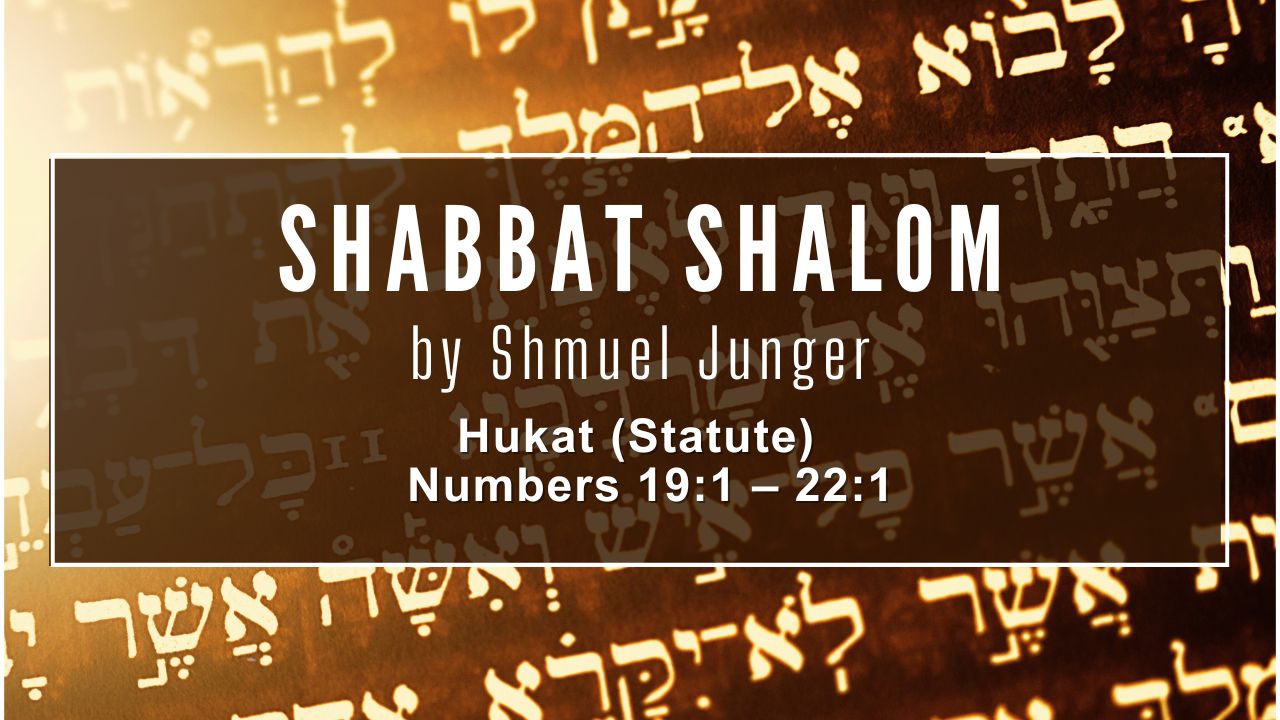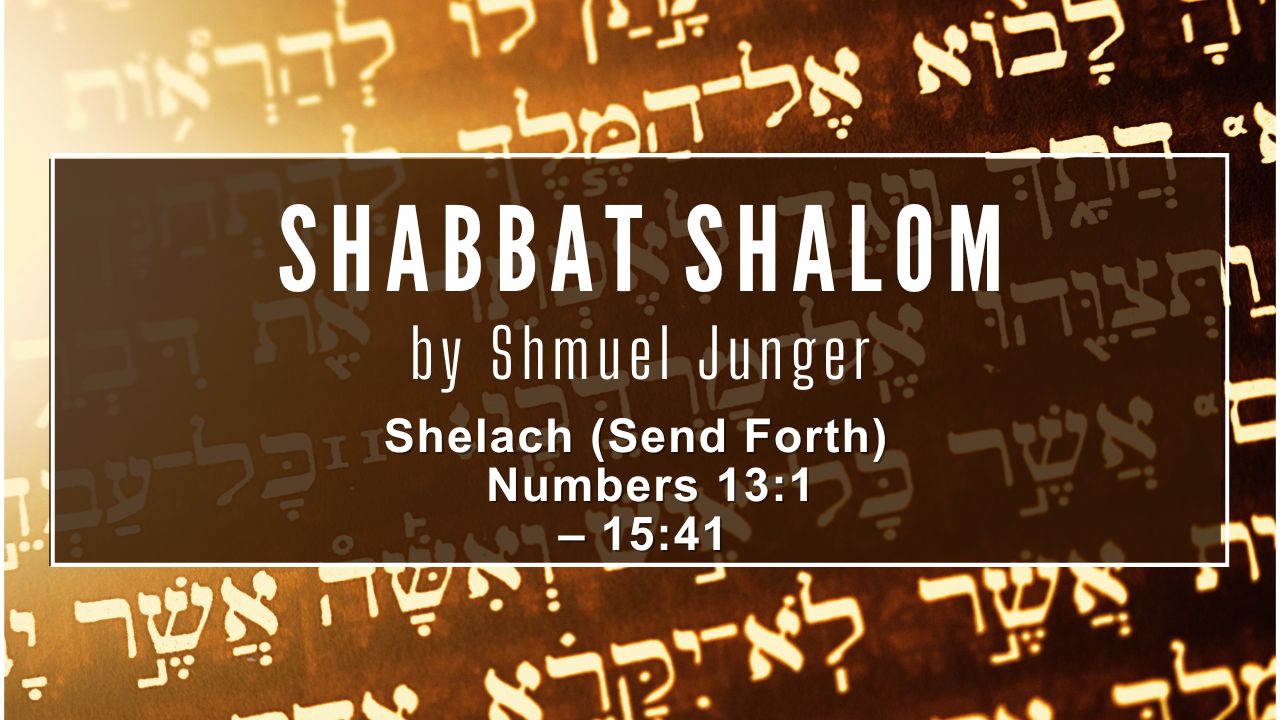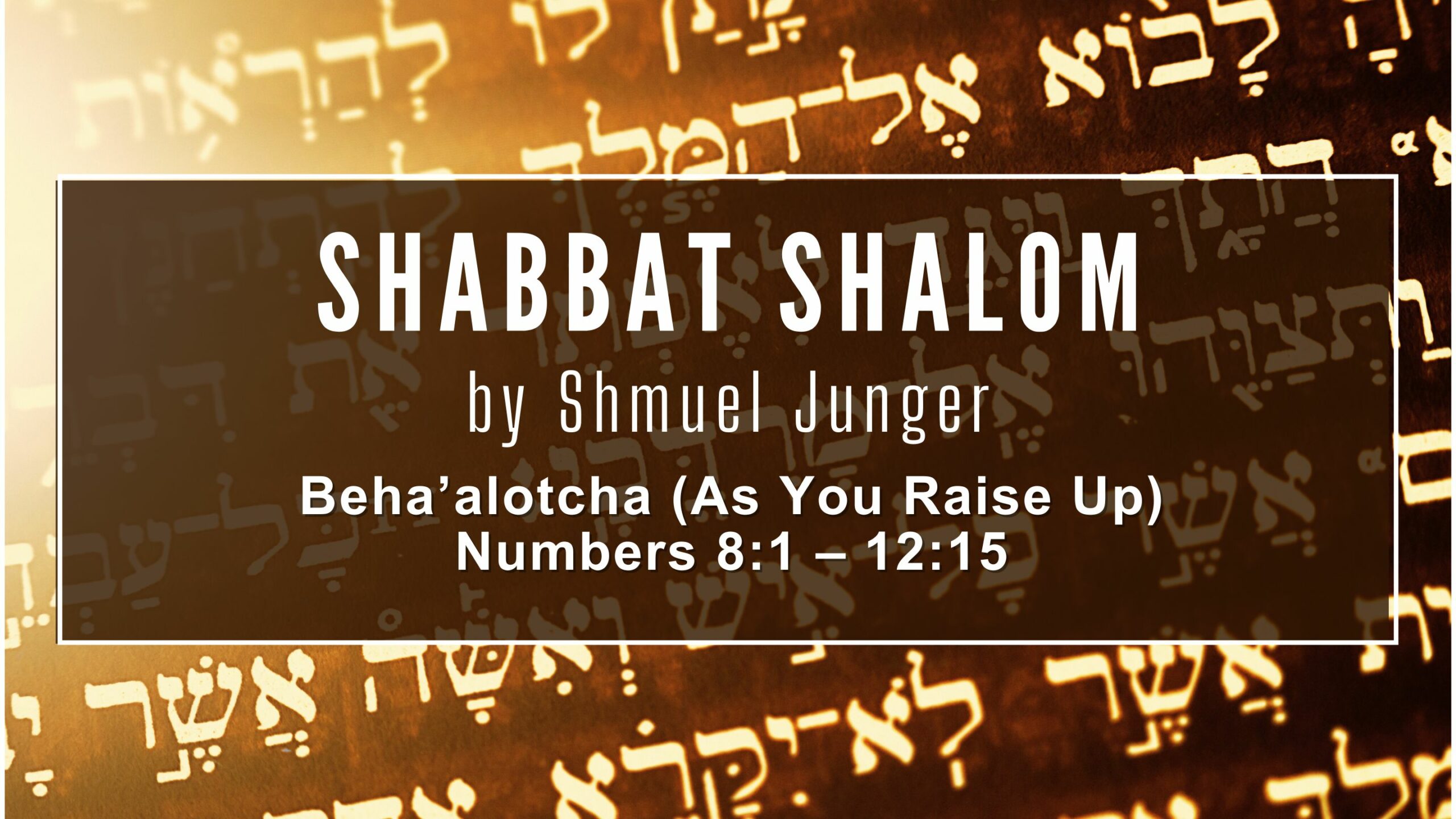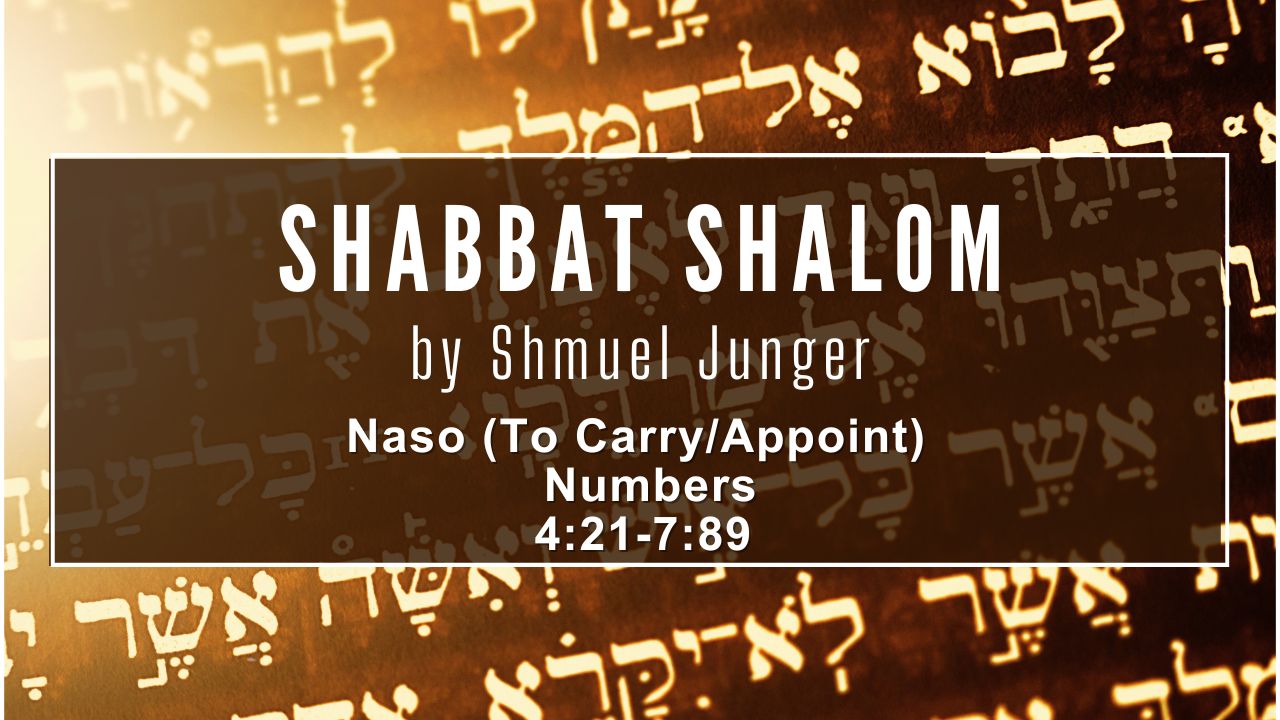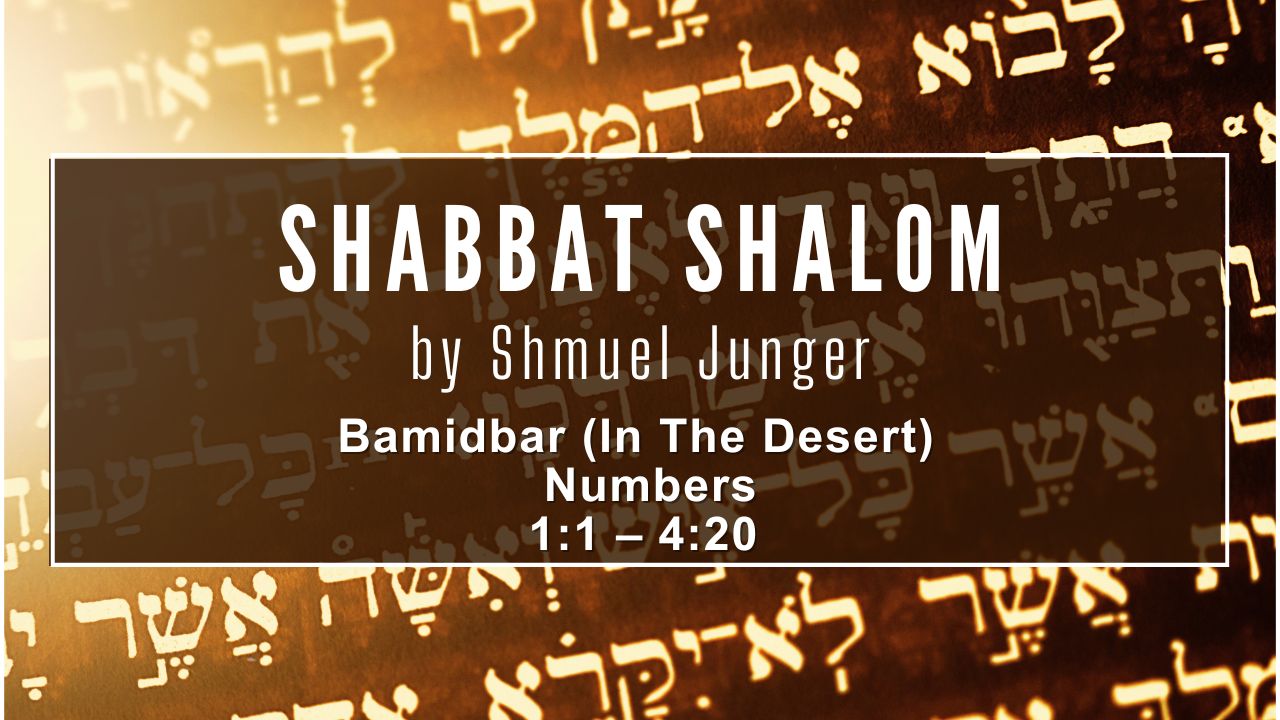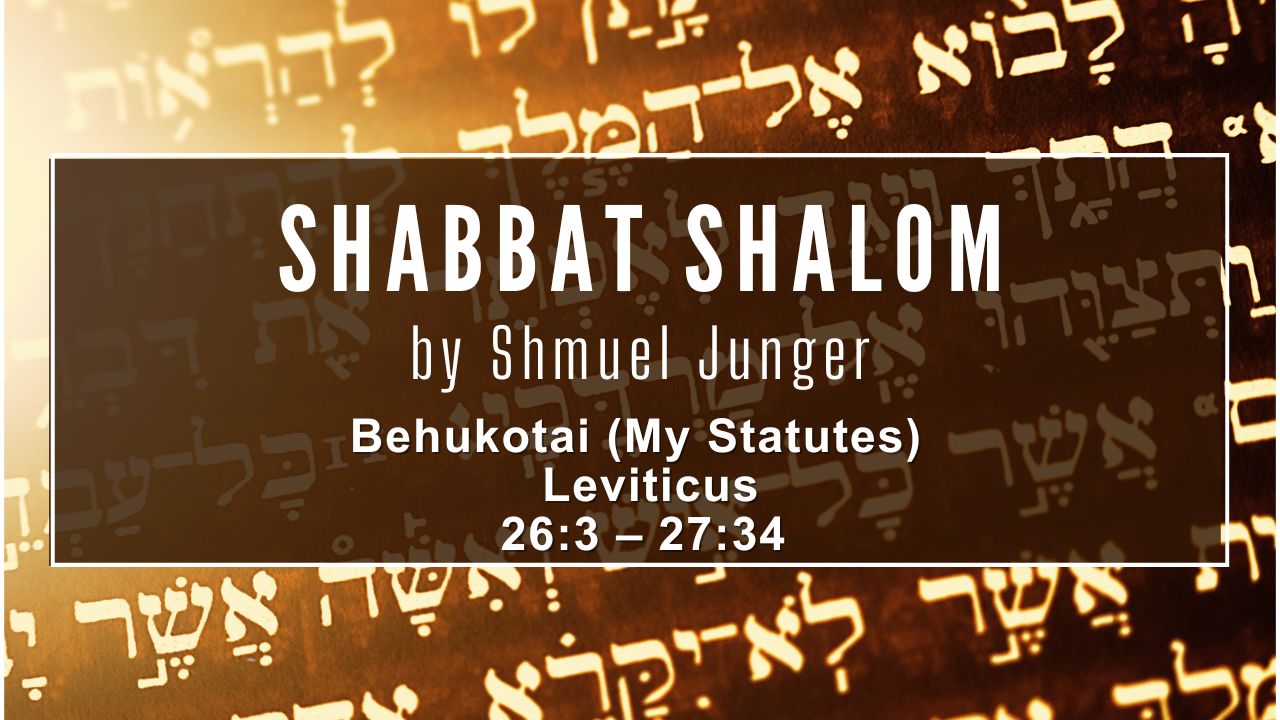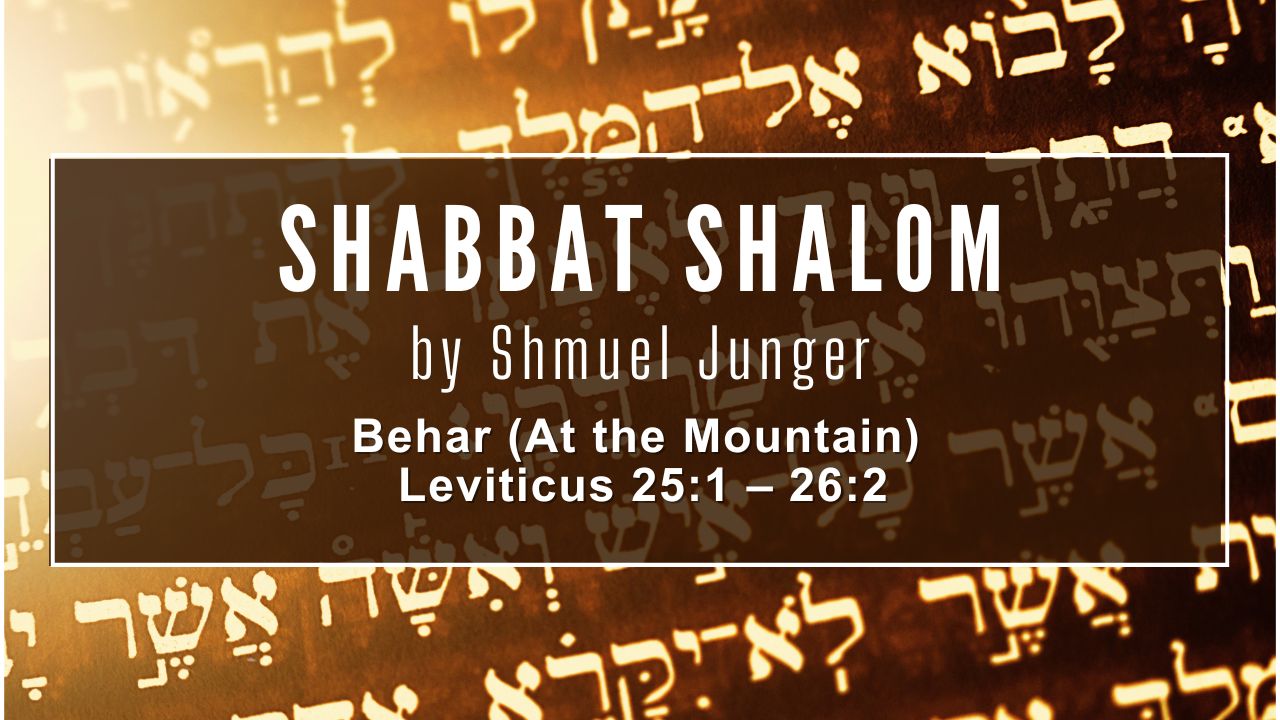Pinchas (Phinehas) – Numbers 25:10 – 30:1
Phineas boldly confronted the evil in the midst of the camp and was rewarded with a covenant of peace. The Lubavitcher Rebbe said that Phineas was prepared to sacrifice himself for his people, which was fitting as they prepared to enter the land of Israel.

